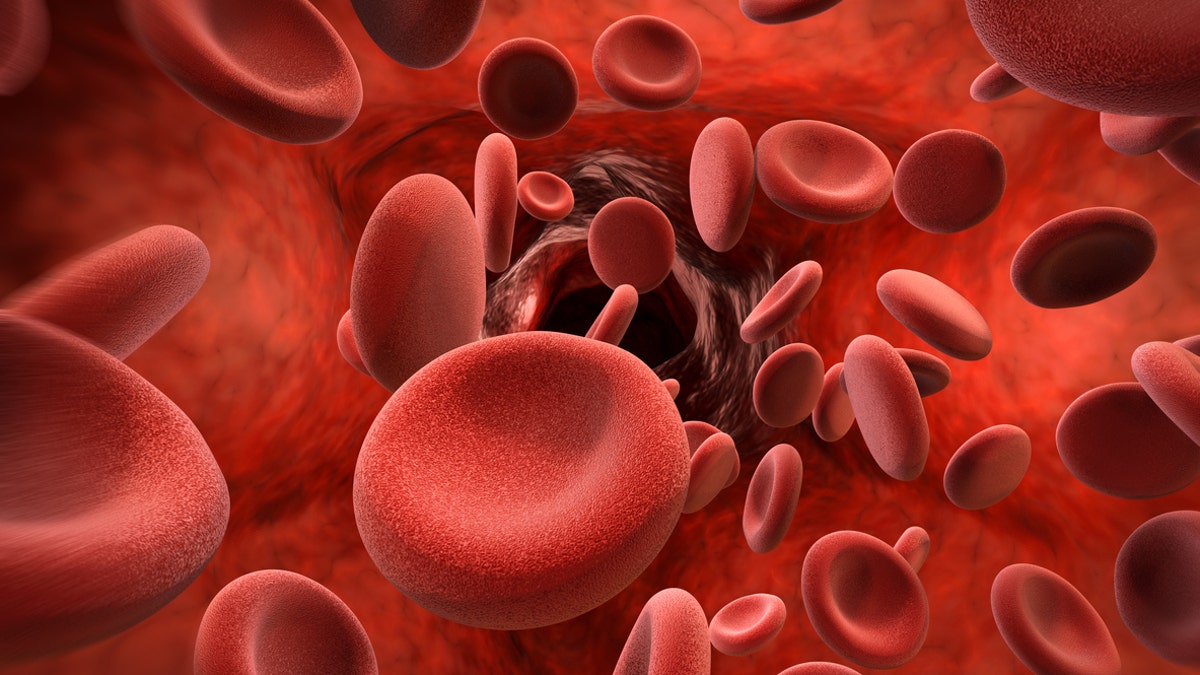
Tracy Antonelli and her daughters have a blood disorder called thalassemia (iStock)
A Massachusetts mom recently spoke to People magazine about the rare genetic disease that she shares with the three daughters who she adopted from China.
Tracy Antonelli and her daughters have a blood disorder called thalassemia, which requires them to have blood transfusions to ensure that they have enough healthy red blood cells in their bodies, according to People .
Antonelli adopted her first daughter, Emmie, in 2012. When she and her husband learned that thalassemia is more common in China than it is in some other parts of the world, they decided to adopt two more girls, Rosie and Frannie.
But what is thalassemia?
More From LiveScience
In people with thalassemia, the body doesn't make enough hemoglobin, a molecule found in red blood cells that's responsible for carrying oxygen around the body, according to the Centers for Disease Control and Prevention (CDC). Hemoglobin is an essential part of red blood cells, and without enough of it, the cells don't function properly, and don't live as long as healthy red blood cells.
This lack of healthy red blood cells is called anemia. Anemia can cause fatigue, weakness and shortness of breath, the CDC says. In severe cases, the condition can cause organ damage and lead to death.
People with mild forms of thalassemia may not need treatment, the Mayo Clinic says . For those with moderate forms of the disease, treatment may be needed only after a person has surgery, for example.
But when a person has severe thalassemia, that individual needs to receive blood transfusions regularly, in order to have enough healthy red blood cells, the CDC says. But red blood cells contain a lot of iron , so regular transfusions can cause the mineral to build up in the body, which can lead to organ damage. This means that people who receive regular blood transfusions may also need treatments to remove the excess iron from their bodies.
All of Antonelli's daughters have severe forms of the disease — they all needed blood transfusions three times a week, she told People.
Thalassemia is an inherited disease, meaning that it's passed down through families, according to the National Library of Medicine (NLM). People who inherit only one faulty gene (in other words, a faulty gene from only one parent) will have a milder form of the disease than those who inherit two faulty genes (one gene from each parent).
There are different types of thalassemia, depending on which part of the hemoglobin molecule is affected, the NLM says. Hemoglobin is made of two proteins: alpha globin and beta globin, and each is encoded by a different gene. People with a faulty gene for alpha globin are said to have alpha thalassemia; those with a faulty gene for beta globin have beta thalassemia.
Alpha thalassemia occurs most often in people from Southeast Asia, China, the Middle East and Africa, according to the NLM. Beta thalassemia occurs most often in people from Mediterranean countries.
Beta thalassemia is the more severe form of the disease and affects at least 1,000 people in the United States, the CDC says. Worldwide, this form is thought to affect about 1 in 100,000 people, according to the National Organization for Rare Disorders .
Antonelli has a moderate form of beta thalassemia, she said in an interview with the advocacy group The Cooley's Anemia Foundation. (Cooley's Anemia is another name for the severe type of beta thalassemia.)
Originally published on Live Science .



















